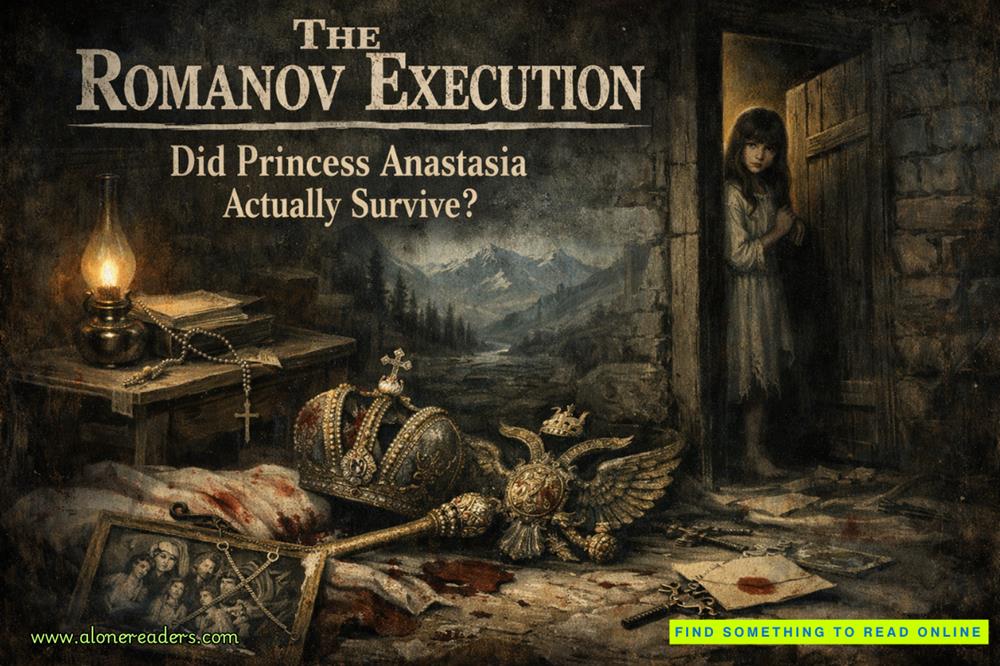But on the bedside table sits a small origami bird, folded from heavy cream paper, its wings poised as if for flight. I pick it up, turning it in my fingers, wondering at its meaning. A peace offering? A reminder of constrained freedom? Another manipulation?
The game continues, but the board has subtly changed.
CHAPTER 13
The conservatory breathes with life—humid air thick with the scent of blooming orchids, ferns unfurling in the diffused sunlight, the quiet burble of water features creating an atmosphere of manufactured serenity. I've claimed this space as my own over the past weeks, spending hours arranging flowers in the quiet mornings, finding purpose in creation despite my captivity.
My fingers work with practiced precision, weaving delicate sprays of baby's breath between dramatic black calla lilies. The contrast pleases me—innocence and darkness coexisting in strange harmony. Like my situation, perhaps. The irony isn't lost on me.
Richard Blackwood's unexpected visit had disrupted the careful routine Gage and I had established. Lunch with him yesterday had been revealing—not for what he said directly, but for the undercurrents beneath polite conversation. I'd learned more about Gage's family dynamics in one hour with his uncle than in all the weeks of my captivity.
"Gage's father was a formidable man," Richard had said, watching me over the rim of his wine glass. "Brilliant inbusiness, lacking in paternal instinct. My brother saw children as extensions of legacy rather than individuals to nurture."
"That must have been difficult for Gage," I'd offered carefully.
Richard's smile hadn't reached his eyes. "Difficult circumstances forge exceptional people, don't they? My nephew learned early to rely on himself, to view relationships through the lens of utility rather than sentiment."
The conversation had circled Gage's childhood without directly addressing it—hints of violence, of protection offered to his mother, of a household ruled by fear rather than affection. Richard had masterfully implied without stating, suggesting without confirming.
"He values your independence, you know," Richard had said as lunch concluded. "Others might have seen your spirit as an obstacle to overcome. Gage sees it as an asset to acquire."
I set down my garden shears, studying the arrangement before me. Nearly complete, needing just one final element. I select a perfect white rose, placing it at the center of the composition—a focal point of purity amid the surrounding darkness.
"Beautiful."
I startle at the voice, so absorbed in my work I hadn't noticed Gage's entrance. He stands in the doorway, watching me with that intense focus that has become familiar. Today he wears casual clothing—dark jeans and a gray sweater that softens his usual imposing presence without diminishing it.
"I didn't mean to interrupt," he says, moving into the conservatory. "Mrs. Henderson mentioned you'd been here since dawn."
I gesture toward the arrangement. "Creating helps me think."
"And what are you thinking about so intently this morning?" He stops a respectful distance away, observation rather than intrusion.
"Your uncle," I answer honestly, seeing no benefit in evasion. "He's quite different from you."
Gage looks annoyed. "Richard excels at making impressions. Not all of them accurate."
"He spoke of your father." I watch carefully for his reaction, testing boundaries in this moment of relative privacy.
Gage's left hand flexes slightly—that tell I've cataloged indicating stronger emotion beneath his controlled exterior. "My father is not a topic for discussion, Penelope."
"Even between future spouses?" I press, surprising myself with my boldness.
His gaze sharpens. "Especially between us. Some subjects serve no purpose except to create unnecessary friction."
I return to my flowers, adjusting the position of a calla lily. "Friction seems inevitable in our arrangement, regardless of conversation topics."
"Only if you persist in viewing our situation as adversarial rather than collaborative." He moves closer now, studying my creation with genuine interest. "You have remarkable talent. The balance of elements, the tension between contrasting forms—it's quite striking."
"Thank you." The compliment catches me off guard, seeming genuinely appreciative rather than merely strategic.
He circles the arrangement slowly, his trained eye analyzing the composition. "The white rose is an interesting choice as a focal point," he observes. "Innocence surrounded by darkness."
"Or purity persisting despite its environment," I counter.
A slight smile touches his lips. "Perspective determines interpretation, as always."
We fall into silence that isn't entirely uncomfortable. I continue making minor adjustments to the arrangement while Gage observes, his presence less intrusive than I might have expected. When I finish, I step back to assess the final result.















